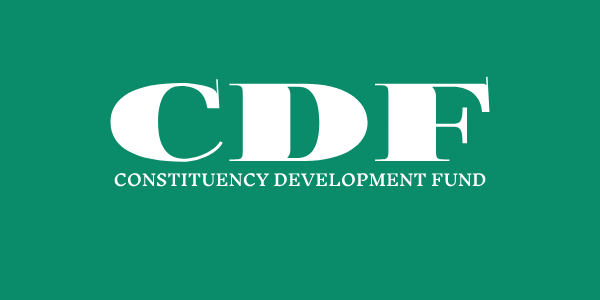EVERYONE – from a child to an adult in Solomon Islands today – knows what the Constituency Development Fund, CDF for short, is.
It is a scheme created by Parliament to provide funding for micro-economic projects or small projects at the Constituency level with good intention.
At first, the level of funding was very modest. It started at around $50, 000 (fifty thousand dollars) a year per Constituency or $2.5 million for the 50 Constituencies.
Over time, the grants doubled to a $100, 000 (one hundred thousand dollars) per year. The so-called incremental increase just kept growing to a point where it is no longer hundreds of thousands of dollars but millions of dollars per Constituency each year.
At the height of the funding frenzy, each Constituency was receiving $7 million each or total budgetary allocation of $350 million. That was perfectly alright, except that there was little or nothing to show for such a huge expenditure funded by Solomon Islands’ taxpayers.
Open abuse of the funding simply amplified as Members of Parliament went on a spending spree of land and property purchases.
Money intended for micro economic development in the Constituency simply disappears in Honiara – a practice which continues unabated today.
National politicians have turned the CDF grants against voters – those who exercised their democratic rights to vote for a candidate of their choice – have become victims.
They have been denied CDF funding. MPs only recognise those who voted for them. Despite its facade of independence, the Electoral Commission is a party to the rorts. Despite the fact that there are good cops, the Royal Solomon Islands Police Force (RSIPF) is overwhelmingly run by political masters.
As a result, economic and infrastructure development has become stagnant. Social services have simply disappeared. Our health service and education are cases in point.
IT IS TIME FOR CHANGE
The absolute abuse of the CDF funding has reached a point where urgent action is needed to address the unfairness in its quarterly distribution. All voters, irrespective of who they voted for, is entitled to a grant from the CDF funding.
Voters must remember that it is their ballot that put Members of Parliament in Office. They have the power to turn things around because the present arrangement clearly has not worked.
It is for this reason that I am proposing a National Constituency Development Commission (NCDC) to be set up to oversee the fair and unbiased distribution of the CDF funding.
One of the reasons for setting up this new body is to ensure Solomon Islands voters are treated fairly and equally in the CDF funding. Most importantly, the NCDC will ensure politicians have time to do what they are elected to do: governing the nation.
Under the present arrangement, politicians are confused as to what their primary role is. They are pre-occupied with CDF funding, distributing the people’s funds to cronies, family members and so on.
No wonder we are not moving. It is unfair on voters. It is equally unfair to expect our donor partners to foot the bill for our entire social services sectors year in, year out. Our problem is not about money.
We have enough money to go round. Our problem is two-fold: 1) managing the financial resources we have at our disposal; and 2) engaging the wrong people in critical areas of governance.
To move the proposed National Constituency Development Commission (NCDC) forward would require an appropriate piece of legislation. Secondly, membership of the NCDC can be drawn from critical sectors such as agriculture, health, education and the Solomon Islands Anti-Corruption Commission and similar bodies.
Donor countries are changing their approach. Australia, for example, now funds donor support through the Department of Foreign Affairs and Trade (DFAT).
They have put up bill boards all over Honiara, boasting of what they’ve done in infrastructure development.
An example is one put up recently at the corner of Kola’a Ridge almost directly opposite the new Chinese special hospital along the foreshore of the Kukum Highway – a certain tinge of geopolitics oozing out from it.
According to the large colourful Bill Board, Australia injected some $5 billion in infrastructure development across the provinces.
By comparison, China boasts nothing. Its quiet diplomacy speaks volume of tangible development Solomon Islands has seen in the last five short years. And it continues to spread from Malaita to Renbel Province.
We too should be doing the same. Unless, the leadership shows the courage to change, we can almost certainly forget about developing this country, because the power will still remain in the same hands.
By Alfred Sasako









